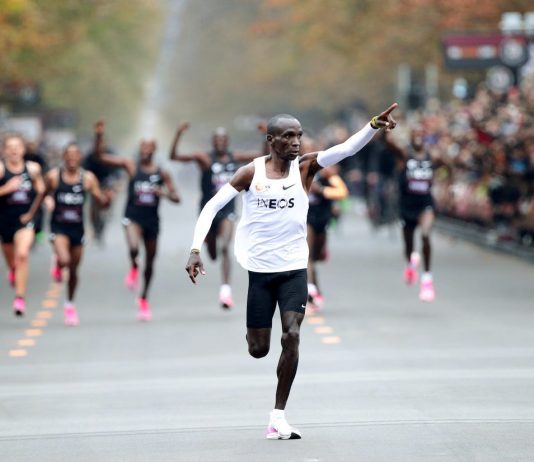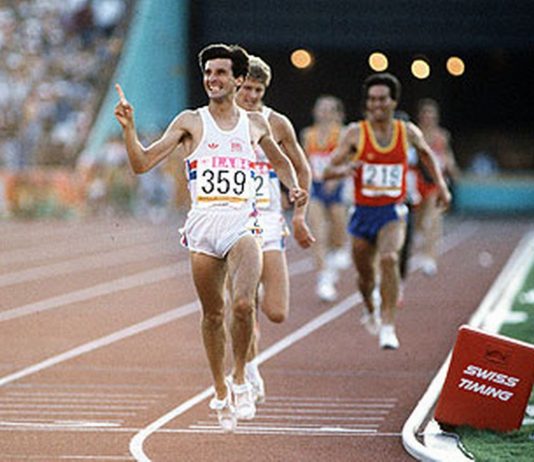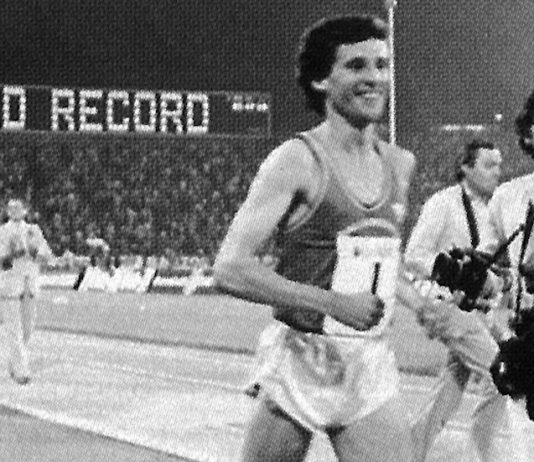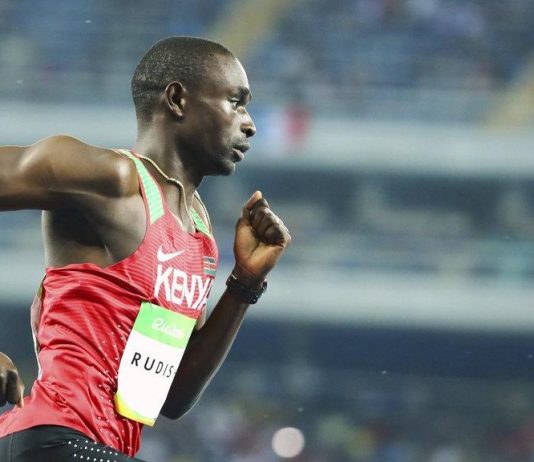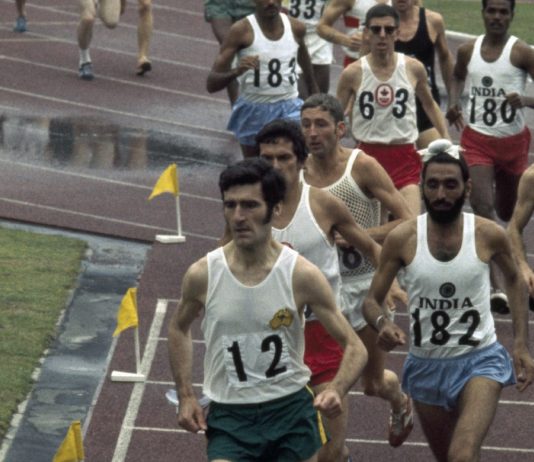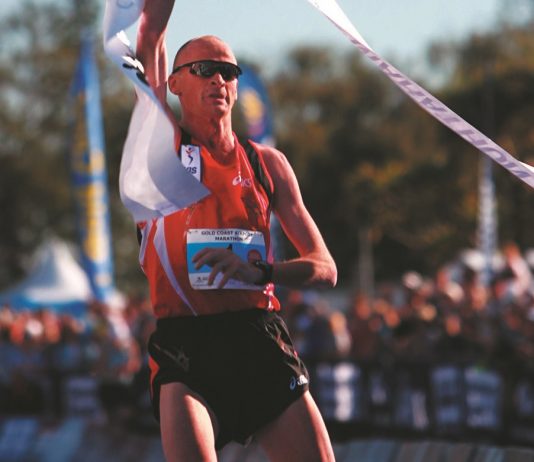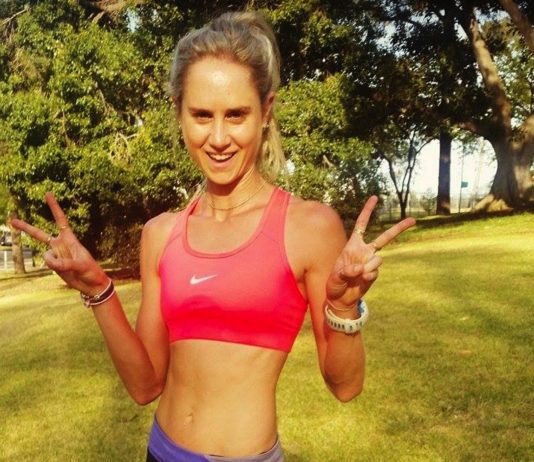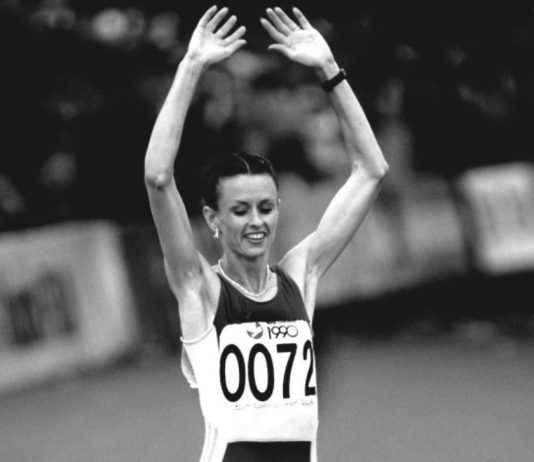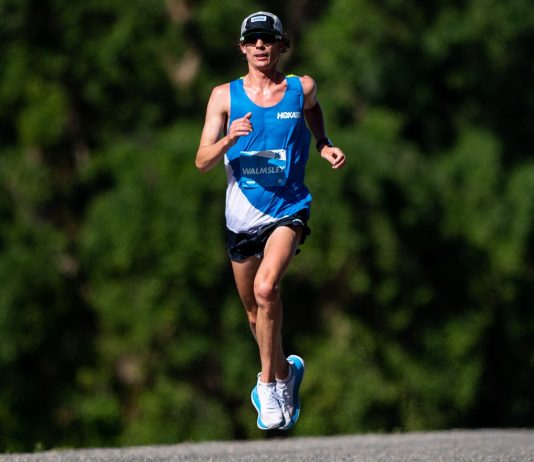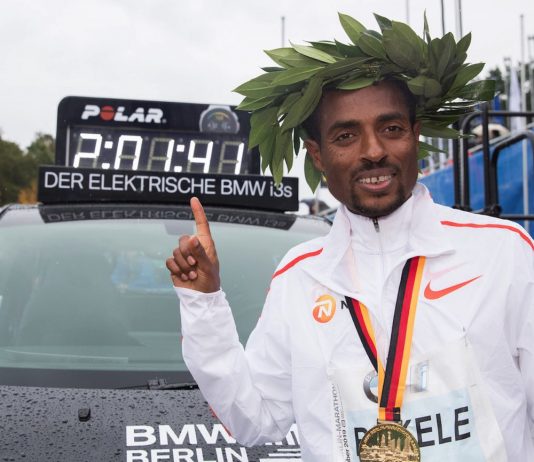At the INEOS 159 challenge, Runner’s Tribe was lucky enough to catch up with a few members of Eliud Kipchoge’s training squad, to discuss the training of Kipchoge during the build-up to his second crack at running a sub 2-hour marathon. It is important to note that Kipchoge’s training has not changed in many years. Therefore, the below schedule is how Kipchoge prepares for all his marathon races.
An outline is provided below:
“Long, slow distance running creates long, slow runners. If speed is the name of the game, then never get too far away from it.” - Peter Coe
Seb Coe is the only man to win back to back Olympic 1500m titles (1980 and 1984). At the 1984 Los Angeles Olympics...
Seb Coe to this day is one of the greatest middle-distance runners to ever live. Coe won four Olympic medals, including 1500m gold at the Olympics in 1980 and 1984. He set eight outdoor and three indoor world record in middle-distance track events – including, in 1979, setting three world records in the space of 41 days. The world record he set in the 800m in 1981 remained unbroken until 1997.
In this article we reflect on the main lessons we can gain from the training and career of this brilliant athlete
Two Olympic golds, two world championship golds, 800m world record holder. The G.O.A.T – of that there can be little doubt. Like many star 800m runners, Rudisha hails from the Brother Colm O’Connell stable. Home to thoroughbreds.
Runner’s Tribe took an in-depth look at the training of the 800m G.O.A.T himself, David Rudisha.
Derek Clayton was an irresistible force: the marathon is an immovable object.
When they clashed, there could only be two possible outcomes. Clayton would smash the marathon; or the marathon - more precisely, the preparation for the marathon – would smash him.
So it went for a career which saw Clayton alternatively a mile ahead - almost literally, at times - of the rest of the world, or limping along forlornly behind it. Twice he smashed the world best; nine times he went under the surgeon’s knife.
The first occasion I recall meeting Lee Troop was when Julian Paynter brought him along for a Sunday morning run at the 1993 national championships in Brisbane.
‘Troopy’ had finished sixth in the U20 5000 metres the night before, a race won by Andrew Letherby.
By the time we got back from that run almost two hours later two things were apparent. Lee Troop could run – and he could talk.
It’s no surprise, then, that over 20 years later Troop is still running and, one way or another, he is still talking, be it as a coach, a mentor, an advocate for the sport. He was, and is, passionate about his running and articulate in expressing that passion.
Milly Clark – an unfinished work
It is always difficult to judge an unfinished work. And the marathon career of Milly Clark falls into that category. It is at the one time so brief, yet also so brilliant.
A training-run debut – “we just thought it was an opportunity to get used to having drinks and practicing my gel intake,” she said in an iRun interview – was followed by a 2:29:07 serious debut in the October 2015 Amsterdam marathon.
Amsterdam, in turn, earned Clark a spot in the Rio Olympic team where, in just her second serious marathon she was a top-20 finisher and first Australian home ahead of her more experienced teammates Jess Trengove and Lisa Weightman.
Lisa Ondieki ran her first marathon in December, 1983 at the Rocket City Marathon in Huntsville, Alabama, and it would be fair to say that her career took off like a rocket.
Within 12 months, Ondieki, then Lisa Martin, was an Olympic seventh placegetter, the Australian record holder with first, a 2:29:03 at the Los Angeles Olympic Games, and then, a 2:27:40 in Chicago and embarked on a career which saw her become Australia’s only Olympic marathon medallist, a dual Commonwealth Games champion and, for a long time, holder of the ‘world record’ for a women’s race on an out-and-back or loop course.
Jim Walmsley is without a doubt America's greatest ever ultra trail runner. At 30 years of age Walmsley is best known for his success in ultrarunning, and especially as the record holder of the Western States 100. He is also the world record holder for 50 miles.
Walmsley is soon to step onto the roads at the USA Olympic Marathon Trials, Feb 29, in Atlanta. Walmsley has been clocking 175 mile (280km) weeks in training in preparation and also stopped the clock over half marathon at 1:04.00 in Houston, January 2019. And over the last year or so, Walmsley is doing something he hasn't done much of since college - track sessions.
September 29th 2019, and Kenenisa Bekele made history, clocking the second fastest marathon in history – 2:01:41, missing the world record by just two seconds.Bekele has many years of aerobic conditioning in his legs. However, his race specific training for Berlin 2019 only spanned over an 8 week period during. A remarkably short period of time.Bekele’s training diary leading in to the 209 Berlin Marathon is below. Most of this training was performed at sea level in the Netherlands.


